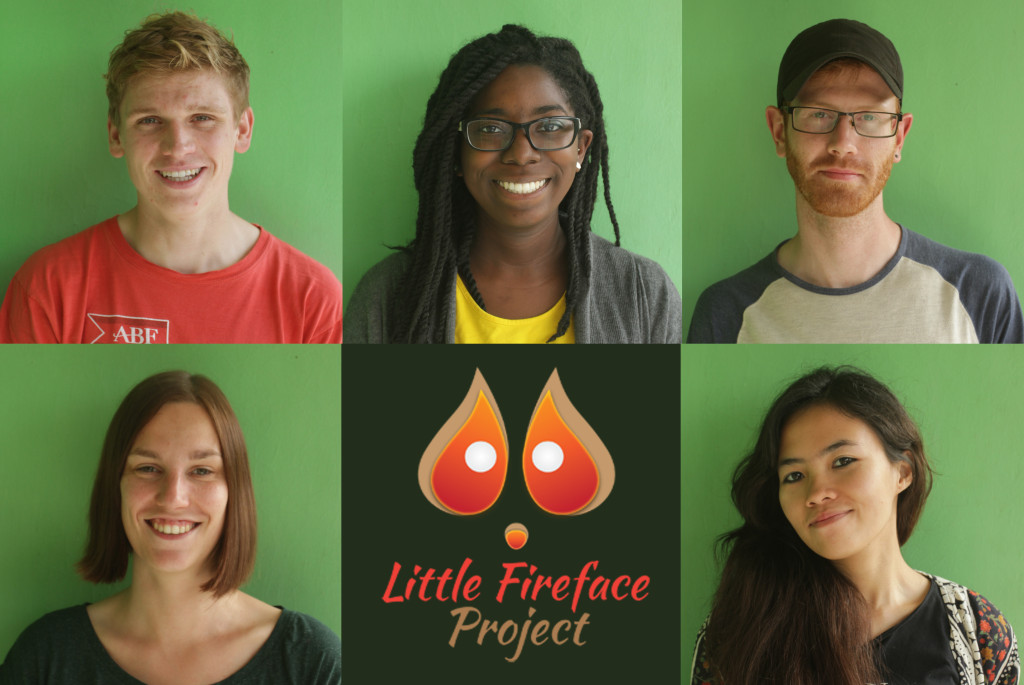
Living in a small village on the side of a mountain to look at a cryptic nocturnal primate is not your everyday kind of job. For most people the lack of running water, overload of insects, or living with your co-workers would be a definite “no” when looking for a job. So how come the green house on the mountain is always home to a group of dedicated people?
Everyone has their own reasons. “I don’t think lorises get enough credit. That’s why I like studying their cognition and how intelligent they are. They don’t get enough attention in research,” says PhD student Stephanie. She’s doing research into the cognitive abilities of lorises and how they find their way through the forest. Volunteer Dan says: “I think why the slow loris is so cool, and why I looked into them, is because of their venom.” This is echoed by our newest addition to the team, Rhea: “At first I didn’t really know they had the venom to protect themselves. It’s really interesting. [At LFP] it’s about research and conservation for an endangered animal.”
This is also one of the main reasons we’re here: the Javan slow loris Nycticebus javanicus is Critically Endangered. As numbers are dwindling, the situation can sometimes seem bleak. “[Lorises] are one of the few animals that are hit with everything. They’re hit so hard with deforestation, they’re hit with traditional medicine, they’re hit with the pet-trade, local taboos […] and their use of photo-props. They’re really hard done by […] and they need that extra little bit of attention or help,” Research Coordinator Robert says. The illegal trade in lorises is detrimental to wild populations. Individuals that have gone into the pet trade can rarely be returned to the wild. When travelling through Indonesia, it is not uncommon to come across lorises being sold on the markets. Robert recalls seeing lorises in a market in Jakarta: “When you see them in the wild, and you see how gentle and weird and awesome they are, then it all hits home when you see them in markets […] with their teeth pulled out. You don’t have to be a conservationist, or a biologist, to know that that’s wrong.”
But despite all the troubles that face the loris, the team is optimistic and dedicated. Working with LFP requires an open and creative approach to solve a complex issue. “When you work with this project, […] you get to tackle the issue from all angles. And that’s what makes it very interesting,” says Robert. Not only do we conduct vital research into the biology of the slow loris, we also work together with the community and provide education. “We’re integrating everything here. We’re learning so much [about lorises] every month, and we’re sharing that knowledge. That’s very important to me,” says Public Relations officer Faye. Education is a key component of our project. Dan agrees, saying: “No matter what you’re trying to do, you need to work with the people to get them to understand what you’re doing and why you’re doing it.”
So despite being biologists, conservationists, or whichever label you see fit, it is not just about the animals. It is also about the people, especially the team itself. “It’s a very special thing […] to work with people that are so passionate,” says Robert. “There is a sense of camaraderie; you’re all in it together. And it’s the kind of attitude I think the whole world should foster.”
So join us in our camaraderie this SLOW: see how you can help the slow loris by clicking on this link.
